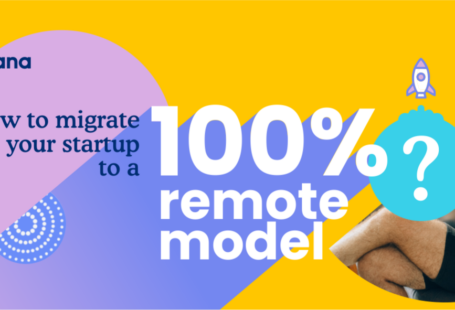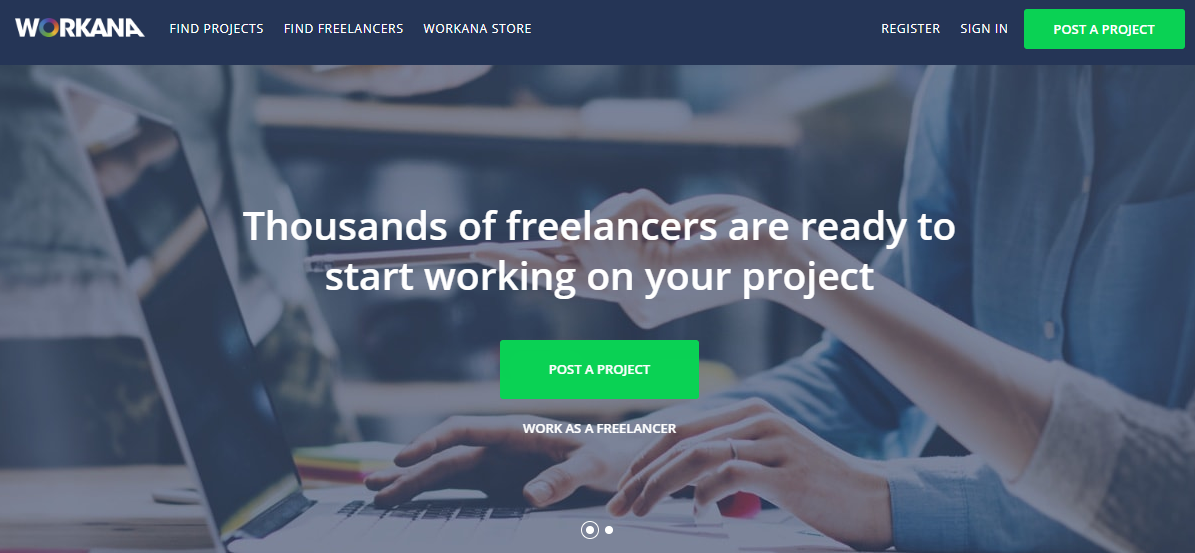Nowadays, start-ups mushroom all around the world. But, what makes a company stand out from the others? How did Google, originally just a search engine, become Google, the answer to everyone’s questions? How did Airbnb, an accommodation sharing platform, grow from an idea to a $30 billion firm?
Do you ever wonder what is the secret to their success? Amongst other factors, they have their goal-setting framework done right.
They both follow The Objectives and Key Results (OKRs) framework. OKR defines and tracks objectives and the respective outcomes. Essentially, this framework helps managers and employees align the work they do, ensuring everyone in the organization is moving in the same direction. Below is a simple example of an Objective and a Key Result.
- “Where do I want to go?” describes an objective, just like a destination on a road map.
- “How do I know if I’m getting there?” are key results, just like a distance marker on the road en route to the destination.
You might be wondering whether we’ve tried it and if it worked for us. Guess what? It did!
It has been a huge success for us after switching to OKRs in these past two years. Earlier on, we made a few mistakes. We weren’t able to get the framework right and we even called them ‘big goals’ instead of OKRs. Here are some of the mistakes we made:
- We started with a big team. Fine-tuning this complex framework takes time so it’s best to start with a small group first and grow the team as you improve.
- Our objectives were not clearly defined- some were vague and unmeasurable, some were not ambitious enough, some were unrealistic.
- Matching the right Key Result to each Objective. We’d define the goal but there wasn’t a clear path to achieving it. Proper planning requires activities to be accurately defined before getting started.
- We didn’t set the right check-ups along the quarter. A key aspect of setting OKRs is also defining how you’re going to stay on top of them, how you’re going to monitor progress and course-correct if something isn’t working if the plan isn’t going as expected.
OKR’s can be an incremental change, huge leaps or something big that can be discovered to help the company grow by leaps and bounds.
Tie them with action-oriented & specific key results and you have a recipe for success.
Here’s a useful link to get started with OKRs: https://www.whatmatters.com/get-started/
Here are 4 tips we have learnt to keep in mind when using the OKR framework in a start-up:
- Don’t innovate
Being a start-up, innovating the way things are may be the norm, but let your OKR framework be the way it is! The framework is designed to make goals transparent and the results measurable. To ensure fruitful results, be sure to follow the OKR framework. If you are unsure, there are many resources available for you to refer to such as : https://www.whatmatters.com/series_entries/s2-4-improve-goal-quality-okrs/
- Start with a small team
Yes, OKRs should involve the whole company. However, in the beginning, a small leadership team will need to learn the process of setting OKRs. Once the leaders understand the rhythm and how it works, start expanding
- Reiterate
Once you adopt the framework, you’ll realise that it is necessary to go through each other’s OKR. But is it really necessary? Yes! Investing the time to reiterate will help fine-tune each OKR. Over time, this process will get easier as people learn more about the framework.
Reiterate also means that when you set an objective or key result and a few weeks go by and you realize that you may need to refine, change or develop your goal further to better hit your target. When you see things going wrong, it allows us to adjust. The worst thing is to find out we could have done something earlier.
- Leader involvement
As a founder or leader of a start-up, it’s important to always be involved with regards to the company OKRs- from defining to refining them. Over time, getting another well-versed person on board with this task would be helpful.
There are usually a lot of ideas when a start-up is built. People are excited and enthusiastic about work, they spend hours and hours building the company. Sometimes it’s easy to get lost in all the excitement. This is why we like OKRs- employees work towards a common goal with clear key results.
If everyone rows in the same direction, you will get to the destination faster and easier.
Watch the full video here!





